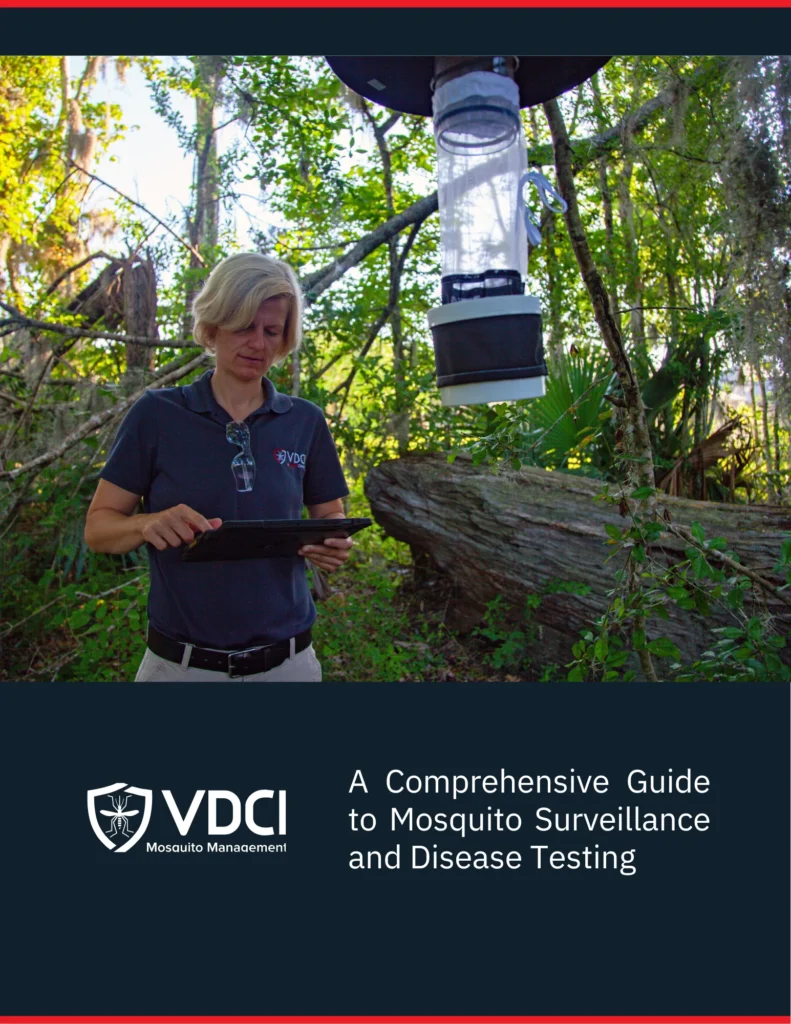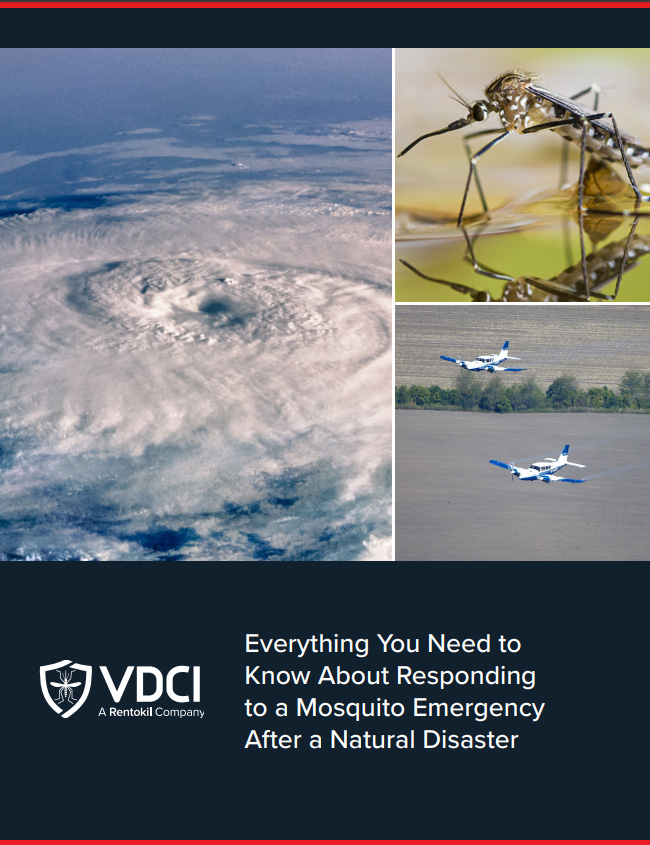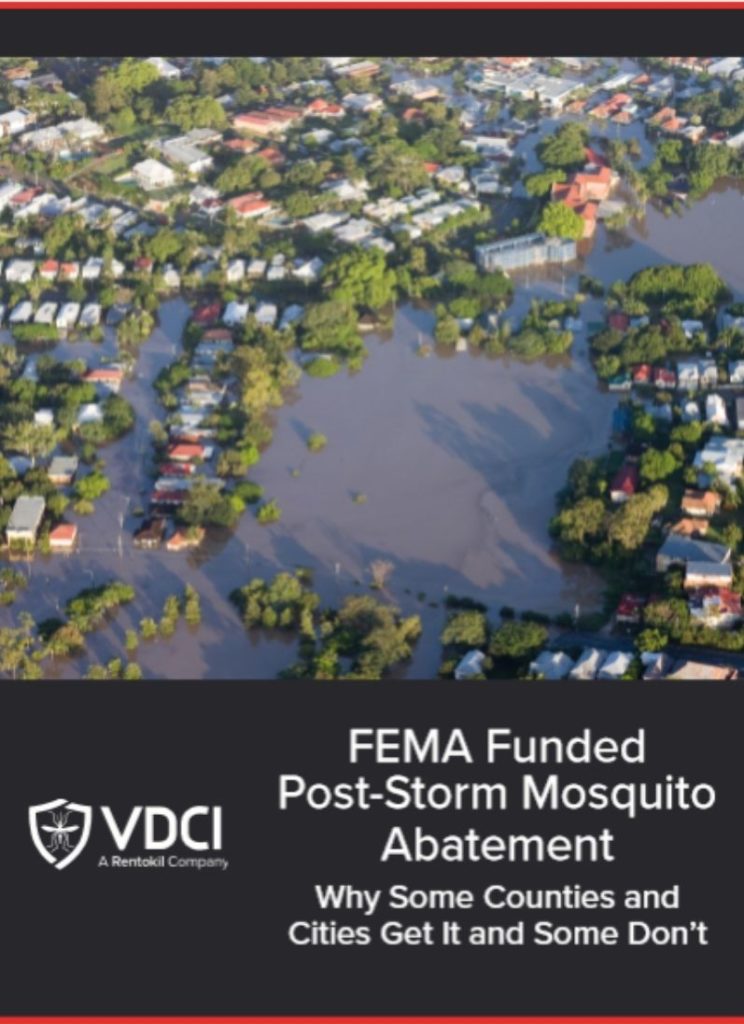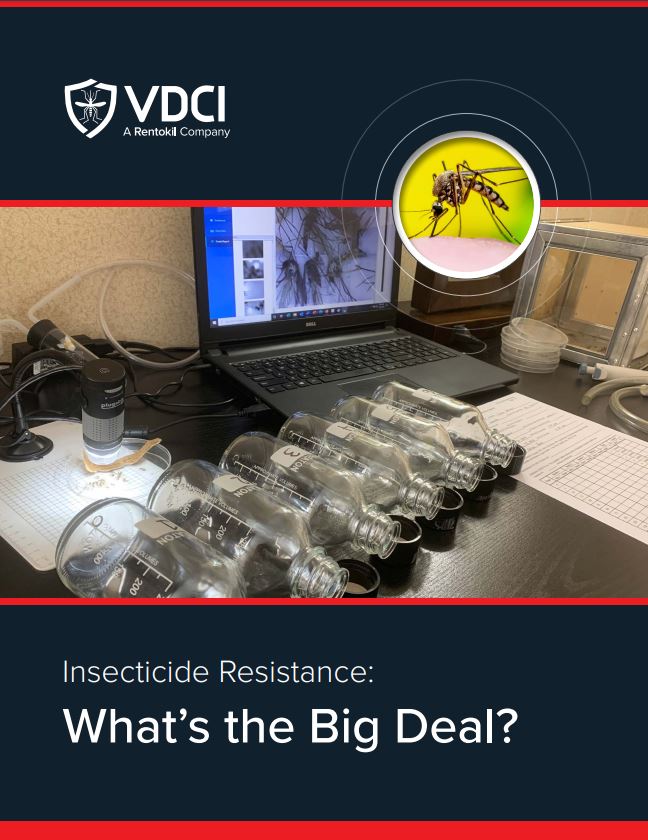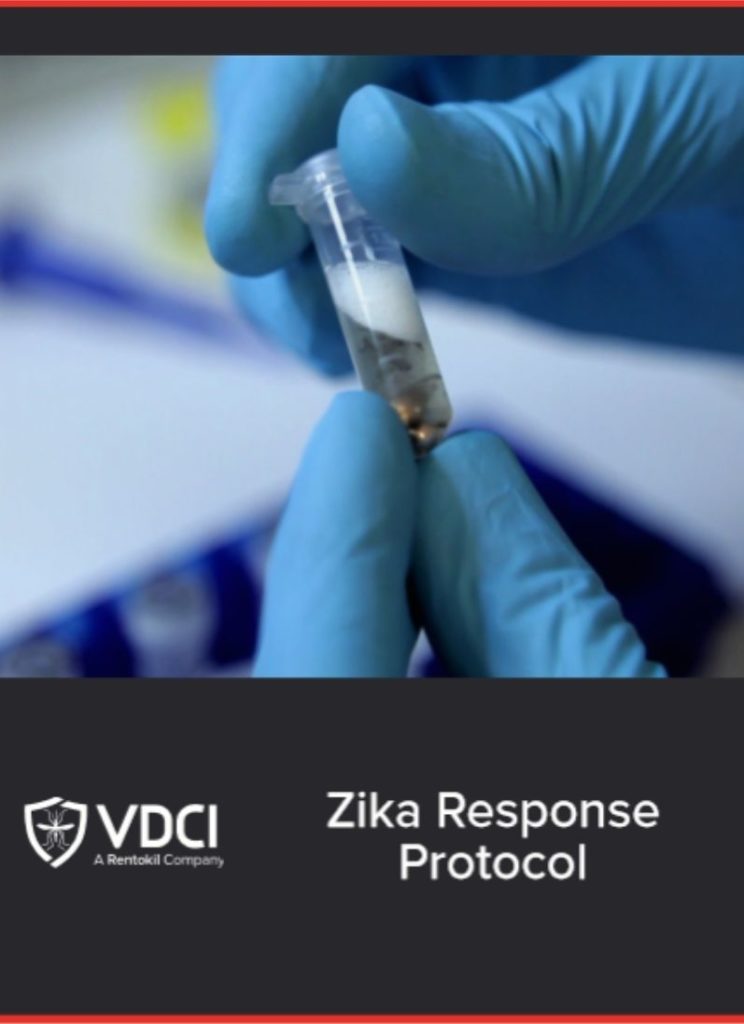Download Our Free Educational Guides Today!
Learn from Our Expert Integrated Mosquito Management Professionals
Our expert vector disease control specialists bring you these educational guides to help you make integral decisions regarding the health of your community, emergency response to natural disasters, disease prevention, and more.
Click on the links below and enter your email address to have these free guides sent straight to your inbox!
6 Must-Ask Questions When Implementing an Integrated Mosquito Management Program in Your Community
An Integrated Mosquito Management (IMM) plan is the most effective solution for mosquito problems. IMM programs leverage advanced surveillance, testing, and product applications to eliminate nuisance populations and prevent further spread.
Learn why an IMM program is the right approach for the safety and wellbeing of your community. Here are the 6 questions to ask when considering the future of your mosquito control efforts.
How to Educate Citizens and Spread Awareness on Preventing Mosquito-borne Diseases in Your Community
Mosquitoes threaten public health by spreading diseases that can cause severe illness. Educating community members about the dangers of diseases paired with proactive mosquito management methods can make a significant impact on public health.
Learn about the many approaches to public education and the long-term impact public awareness can have on the success of mosquito management programs.
A Comprehensive Guide to Mosquito Surveillance and Disease Testing
Mosquito surveillance and disease testing is a key part of tracking population levels, mosquito species, and identifying diseases like West Nile virus and Dengue. This data is vital for guiding effective control strategies, fighting insecticide resistance, and ensuring our leaders remain informed and communities protected.
Learn how surveillance and disease testing can drive a more effective Integrated Mosquito Management program.
VDCI Emergency Response Guide
Torrential rainstorms, hurricanes, flooding, and other weather events are often followed by a rise in local mosquito populations that can persist for weeks or months, often interfering with recovery efforts. Learn the importance of post-disaster mosquito management and how to create an emergency response plan to aid recovery efforts in your community so that you can help protect your community after a natural disaster. Prepare now, be protected later.
Download the FEMA Funded Post-Storm Mosquito Abatement Informative Guide
As districts recover from storm damage, it can be challenging to understand why some counties and cities get FEMA funding for mosquito control and why some don’t. Post-storm high water levels and flooding potentially increase the number of disease-carrying mosquito populations which requires more effort and funds to control. In this informative guide, the VDCI experts explain the need to be proactive with mosquito abatement so funding can be accessed and utilized when disaster strikes.
Download VDCI Insecticide Resistance Guide
When applied by licensed professionals, insecticides are considered a low-risk solution to effectively manage adult mosquito populations and limit the spread of serious vector-borne diseases. However, with repeated use, varying levels of resistance can occur in mosquito populations, making insecticides less effective on mosquitoes. Learn about insecticide resistance and discover how industry professionals are addressing this issue.
Zika Response Protocol Informative Guide
As concerns of the spread of the Zika virus grow across the globe, VDCI recognizes the importance of a proper response protocol. In this informative guide, our experts outline the basic components that are integral to any comprehensive Zika response. Fill out the form below to access the informative guide and learn how residents and local municipalities can be proactive and respond quickly to control mosquitoes that could potentially be carrying the Zika virus.




